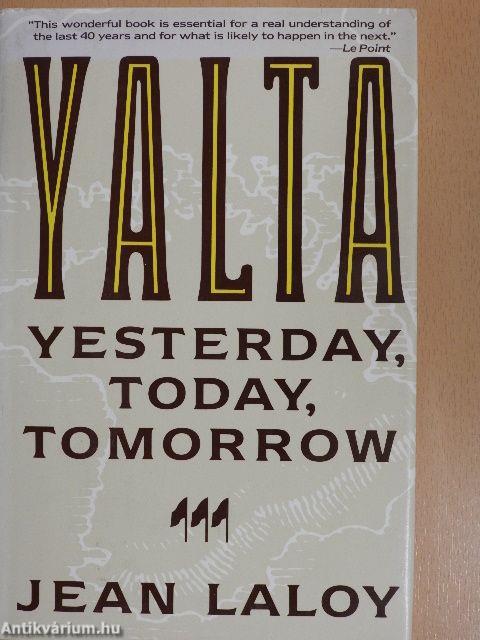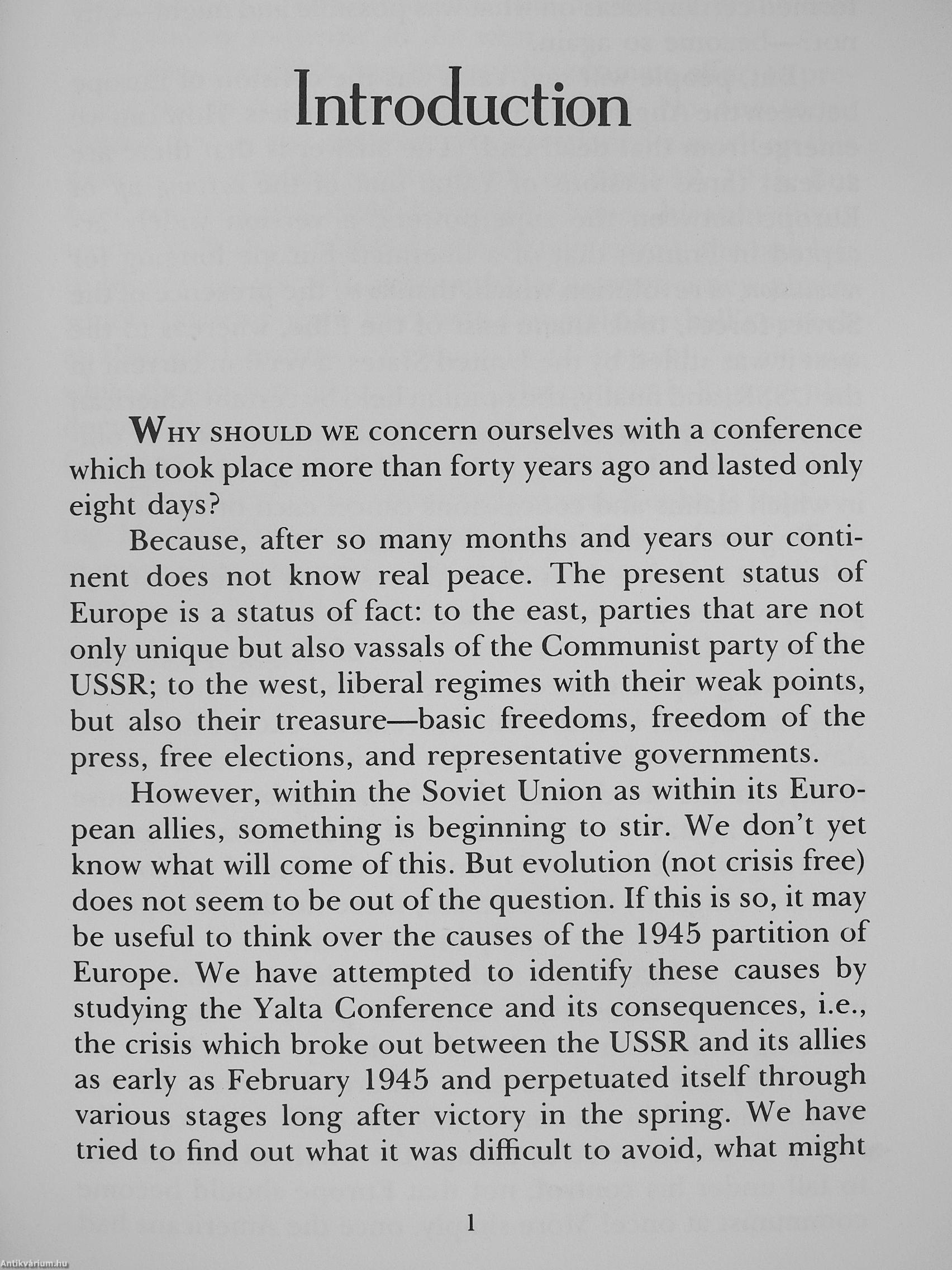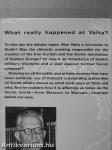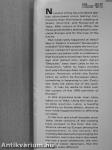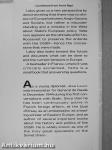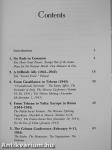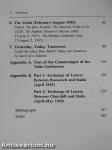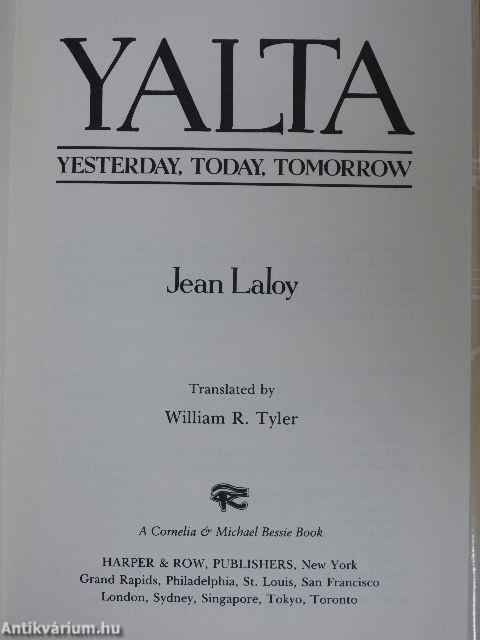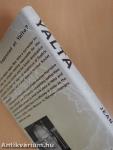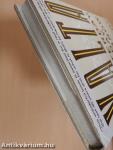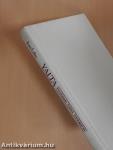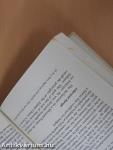1.054.325
kiadvánnyal nyújtjuk Magyarország legnagyobb antikvár könyv-kínálatát

VISSZA
A TETEJÉRE
JAVASLATOKÉszre-
vételek
Yalta
Yesterday, Today, Tomorrow
| Kiadó: | Harper & Row, Publishers |
|---|---|
| Kiadás helye: | New York |
| Kiadás éve: | |
| Kötés típusa: | Vászon |
| Oldalszám: | 153 oldal |
| Sorozatcím: | |
| Kötetszám: | |
| Nyelv: | Angol |
| Méret: | 22 cm x 14 cm |
| ISBN: | 0-06-039105-7 |
naponta értesítjük a beérkező friss
kiadványokról
naponta értesítjük a beérkező friss
kiadványokról
Előszó
TovábbFülszöveg
What really happened at Yalta?
To this day the debate rages. Was Yalta a surrender to Stalin? Was the climactic meeting responsible for the creation of the Iron Curtain and the Soviet domination of Eastern Europe? Or was It an acceptance of Stalin's military triumphs and a wall against further Soviet conquest?
Drawing on all the public and private sources that have since surfaced, one of France's outstanding authorities on Soviet affairs shows us what took place at Yalta and why. And he explains how it is affecting us today as the Soviet world—from Moscow to Warsaw—changes before our eyes.
'Vv ^
: ¦ ' ¦ : . i !• iü-V'
¦ . ^ ^ ^ M líí ! '!
"V . . ' ; ii'M''^ '.i ¦ i »-'Ti
I ¦ . ¦ rW'll.
I t '' 1 ' ( ; 1 » l}-" ^
- ¦ f V,iJ
¦ i > i '. I. I ¦ 1,
i
I ¦
1 M
'I 'i, 'í, • ^^ ! ^ I'
: \ . i i i'
r' ir
U'l:', Hl'' ^'mI'. .
; ¦ I
'I li.;'''
USA
$17.95
N
CANADA $23.95
I o event of the Second World War has stimulated more lasting controversy than the... Tovább
Fülszöveg
What really happened at Yalta?
To this day the debate rages. Was Yalta a surrender to Stalin? Was the climactic meeting responsible for the creation of the Iron Curtain and the Soviet domination of Eastern Europe? Or was It an acceptance of Stalin's military triumphs and a wall against further Soviet conquest?
Drawing on all the public and private sources that have since surfaced, one of France's outstanding authorities on Soviet affairs shows us what took place at Yalta and why. And he explains how it is affecting us today as the Soviet world—from Moscow to Warsaw—changes before our eyes.
'Vv ^
: ¦ ' ¦ : . i !• iü-V'
¦ . ^ ^ ^ M líí ! '!
"V . . ' ; ii'M''^ '.i ¦ i »-'Ti
I ¦ . ¦ rW'll.
I t '' 1 ' ( ; 1 » l}-" ^
- ¦ f V,iJ
¦ i > i '. I. I ¦ 1,
i
I ¦
1 M
'I 'i, 'í, • ^^ ! ^ I'
: \ . i i i'
r' ir
U'l:', Hl'' ^'mI'. .
; ¦ I
'I li.;'''
USA
$17.95
N
CANADA $23.95
I o event of the Second World War has stimulated more lasting controversy than the historic meeting of Stalin, Churchill, and Roosevelt at Yalta. With victory in the offing, the three great leaders attempted to rear- -range Europe and fix the map of the future.
But what really happened at Yalta? Was it Stalin's triumph? Roosevelt's mistake? Did Yalta create the Iron Curtain or contain it? And why should we concern ourselves with a conference that took place more than forty years ago and lasted only eight days? "Because," says Jean Laloy in his introduction, "after so many months and years Europe does not know real peace. However, within the Soviet Union as within its European allies, something is beginning to stir. Evolution does not seem out of the question it may be useful to think over the causes of the 1945 partition of Europe."
In this important book Jean Laloy takes us to Yalta. Using the most up-to-date sources, Laloy, a leading authority on Soviet affairs, shows us how what happened then Is affecting us today.
In the four and a half decades since Yalta, three versions of the meeting have evolved: In the first, the conference carved up Europe among the superpowers; In the second, the meeting liberated a Europe longing for revolution; and In the third, the meeting was a good settlement, the very model of classic diplomacy. But the reality Is quite different.
Ccontinued from front flap)
Laloy gives us a new perspective by demonstrating that there was no division of Europe between Anglo-Saxons and Soviets, but rather a misunderstanding and a mistake in the West about Stalin's European policy. Yalta now appears as the ultimate effort by Roosevelt to preserve the entente with the USSR—hence the concessions that were made.
Laloy also looks toward the future and discusses what can be done to end the current tensions in Europe.
A bestseller in France, where it was critically acclaimed, Yalta is a small book that answers big questions.
A
ks a young diplomat, Jean Laloy was interpreter for General de Gaulle in December 1944 during the first conversations with Stalin. Since then he has been continuously active in French foreign affairs, at the Quai d'Orsay, as an ambassador, as a leading scholar of Eastern Europe, and as author of several important books about the history and politics of the USSR. He is widely known as one of the truly great specialists on the Soviet Union. Vissza
Témakörök
- Idegennyelv > Idegennyelvű könyvek > Angol > Történelem > Európa története > Egyéb
- Idegennyelv > Idegennyelvű könyvek > Angol > Történelem > USA története
- Történelem > Idegennyelvű > Angol
- Történelem > Politika > Külpolitika > Diplomácia
- Történelem > Legújabb kor > II. világháború > Hadtörténet
- Történelem > Hadtörténet > Hadügy, hadviselés
- Történelem > Tanulmányok



